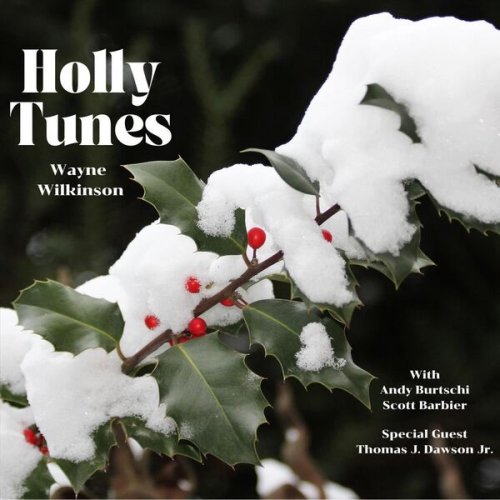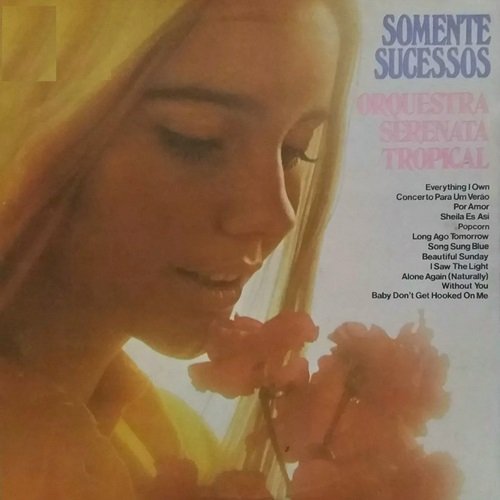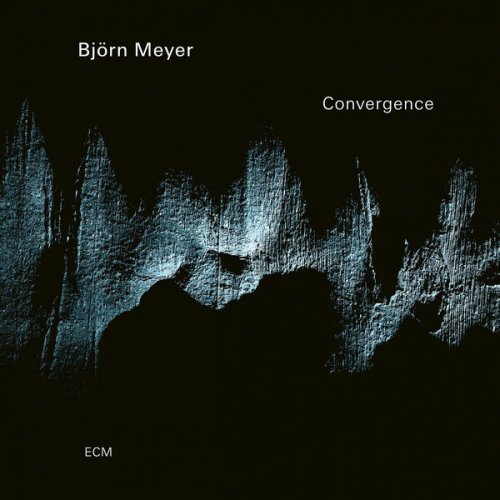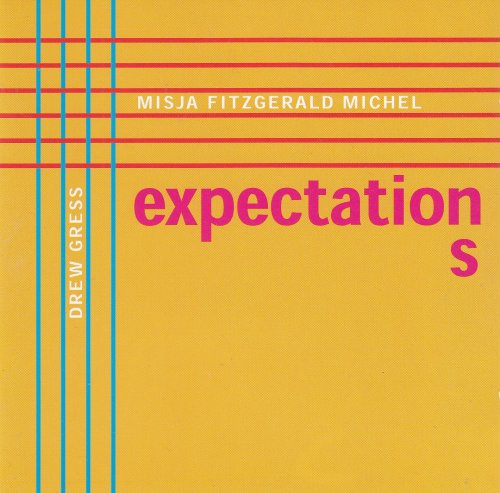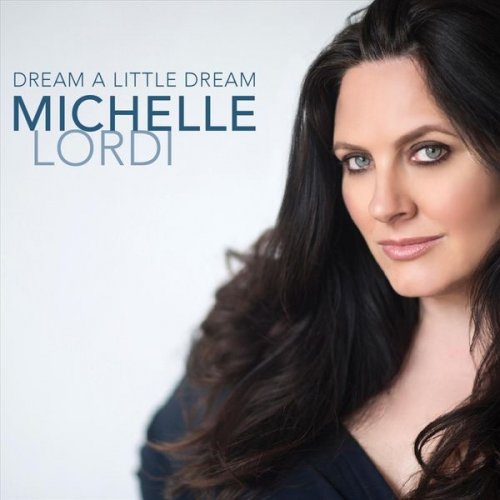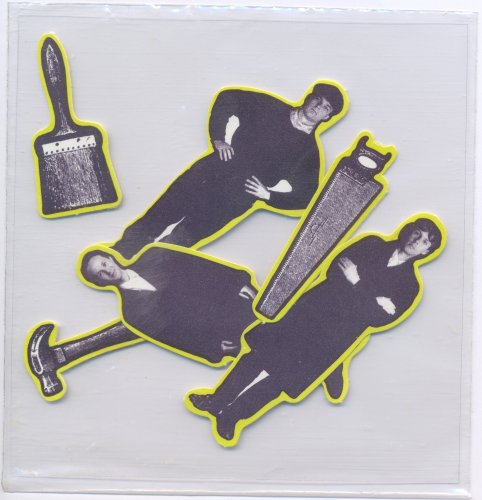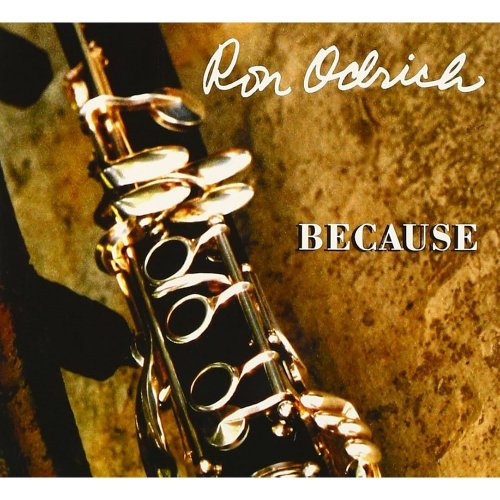Ben Heppner, Munich Radio Orchestra, Roberto Abbado - Great Tenor Arias (1995)
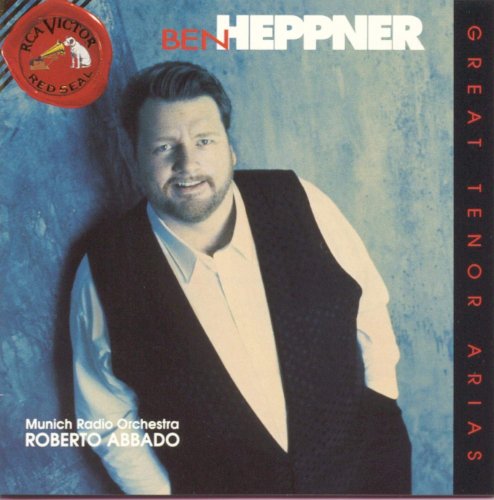
Artist: Ben Heppner, Munich Radio Orchestra, Roberto Abbado
Title: Great Tenor Arias
Year Of Release: 1995
Label: RCA Victor Red Seal
Genre: Classical, Vocal
Quality: FLAC (tracks)
Total Time: 01:00:48
Total Size: 288 Mb
WebSite: Album Preview
Tracklist: Title: Great Tenor Arias
Year Of Release: 1995
Label: RCA Victor Red Seal
Genre: Classical, Vocal
Quality: FLAC (tracks)
Total Time: 01:00:48
Total Size: 288 Mb
WebSite: Album Preview
01. Leoncavallo - La Boheme - Testa adorata
02. Verdi - Luisa Miller - Quando le sere al placido
03. Verdi - La Forza Del Destino - Oh Tu Che In Seno Agl'angeli
04. Verdi - Aida - Celeste Aida
05. Verdi - Il Trovatore -Ah Si, Ben Mio
06. Verdi - Il Trovatore -Di Quella Pira
07. Puccini - Manon Lescaut - Donna Non Vidi Mai
08. Puccini - Turandot - Nessun Dorma
09. Puccini - La Faniciulla Del West - Ch'ella Mi Creda
10. Bizet - Carmen - La fleur que tu m;avais jetee
11. Meyerbeer - L'Africaine - o Paradis
12. Massenet - Herodiade - Adiu Donc, Vains Objets
13. Massenet - Le Cid - o souverain, o juge, o pere
14. Giordano - Andrea Chenier - Come Un Bel Di Di Maggio
15. Giordano - Andrea Chenier - Un Di All'azzurro Spazio
Performers:
Conductor – Roberto Abbado
Orchestra – Münchner Rundfunkorchester
Vocals – Ben Heppner
In discussing Heppner's attributes, the insert-note writer on the RCA issue sprays about the names of tenors of the past like confetti. In the event the name that immediately came to mind in listening to this comprehensive and eclectic collection of arias and excerpts is that of his older contemporary, Domingo. Their timbre is similar as is their vocal manner — consistently firm, plush tone brought to bear in a musically faultless approach to the piece in hand, with a fair understanding of the style required. A further likeness comes in Heppner's willingness to tackle Italian, French and German repertory with equal aplomb.
Heppner immediately wins approval by beginning with Marcello's seldom-heard aria from Leoncavallo's Boheme, into which he pours forth generosity of tone and heart. Each of the Verdi items benefits from long-breathed phrasing, a sensitive attention to dynamic levels and excellent Italian. More specifically I like the plangent phrasing of the recitative to Alvaro's aria and the forthright attack on its high-lying phrases, and the manner in which he shades away the high B flat at the end of "Celeste Aida". The Puccini arias are, if anything, even better. The Manon Lescaut and Fanciulla arias bear comparison with either Björling or Domingo in this music, and his "Nessun dorma!" sounds firmer, more Italianate than his performance of it on his complete Turandot (RCA, 12/93). Both pieces from Andrea Chenier catch the mood of the moment — but why have RCA placed the Act 1 Improvviso after the Act 4 solo?
Heppner is less confident and idiomatic in French, which may account for a fluently sung but matter-of-fact Flower Song and for a want of sheer flair in "O Paradis", where the big phrase doesn't open out as it should: here any comparison with Caruso is inadvisable. The Massenet pieces are better. John the Baptist's sad aria from Herodiade brings the most plangent performance of all, not least at "Je ne regrette rien". The Cid Prayer begins, as it should, with an inward recitative and, as in all Heppner's performances, he manages to think himself into character and situation: this is no machismo tenor, but Rodrigue himself before us. As a whole this is a most rewarding recital, well accompanied and warmly recorded.
Heppner immediately wins approval by beginning with Marcello's seldom-heard aria from Leoncavallo's Boheme, into which he pours forth generosity of tone and heart. Each of the Verdi items benefits from long-breathed phrasing, a sensitive attention to dynamic levels and excellent Italian. More specifically I like the plangent phrasing of the recitative to Alvaro's aria and the forthright attack on its high-lying phrases, and the manner in which he shades away the high B flat at the end of "Celeste Aida". The Puccini arias are, if anything, even better. The Manon Lescaut and Fanciulla arias bear comparison with either Björling or Domingo in this music, and his "Nessun dorma!" sounds firmer, more Italianate than his performance of it on his complete Turandot (RCA, 12/93). Both pieces from Andrea Chenier catch the mood of the moment — but why have RCA placed the Act 1 Improvviso after the Act 4 solo?
Heppner is less confident and idiomatic in French, which may account for a fluently sung but matter-of-fact Flower Song and for a want of sheer flair in "O Paradis", where the big phrase doesn't open out as it should: here any comparison with Caruso is inadvisable. The Massenet pieces are better. John the Baptist's sad aria from Herodiade brings the most plangent performance of all, not least at "Je ne regrette rien". The Cid Prayer begins, as it should, with an inward recitative and, as in all Heppner's performances, he manages to think himself into character and situation: this is no machismo tenor, but Rodrigue himself before us. As a whole this is a most rewarding recital, well accompanied and warmly recorded.
